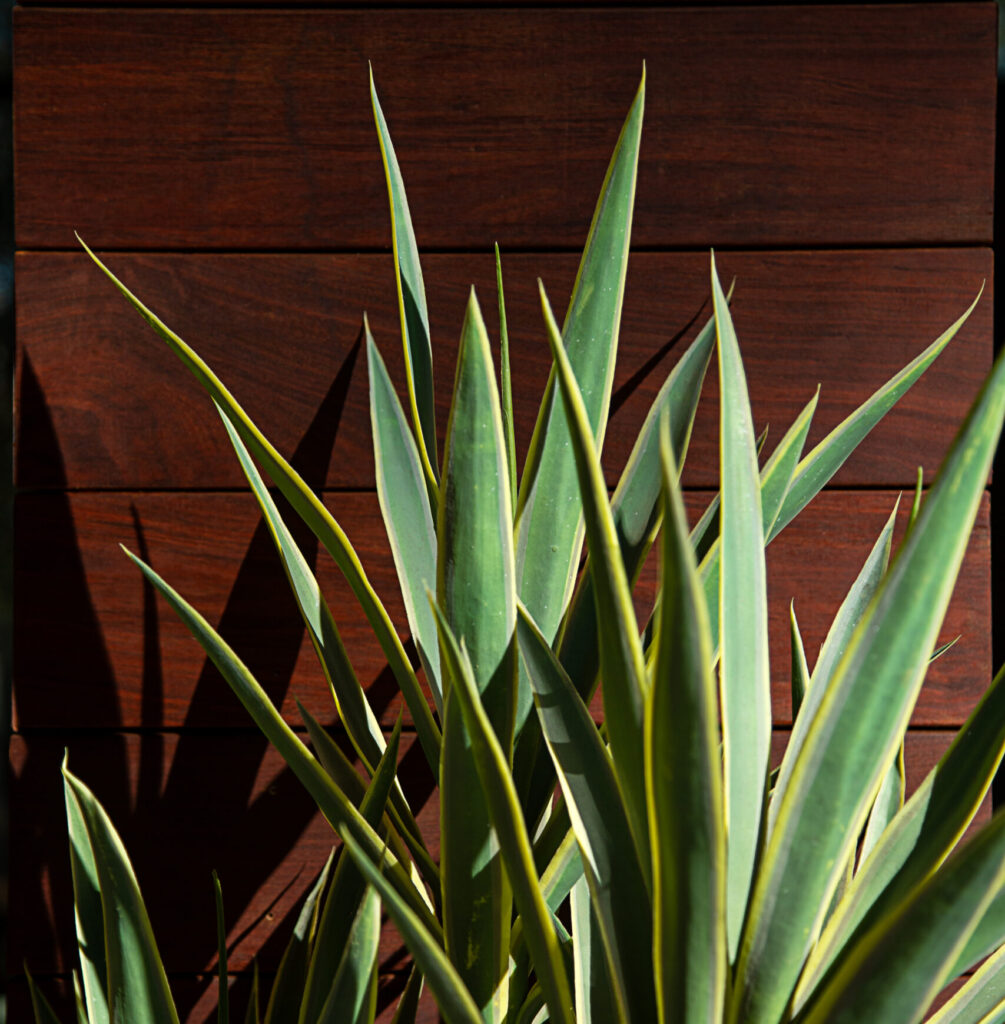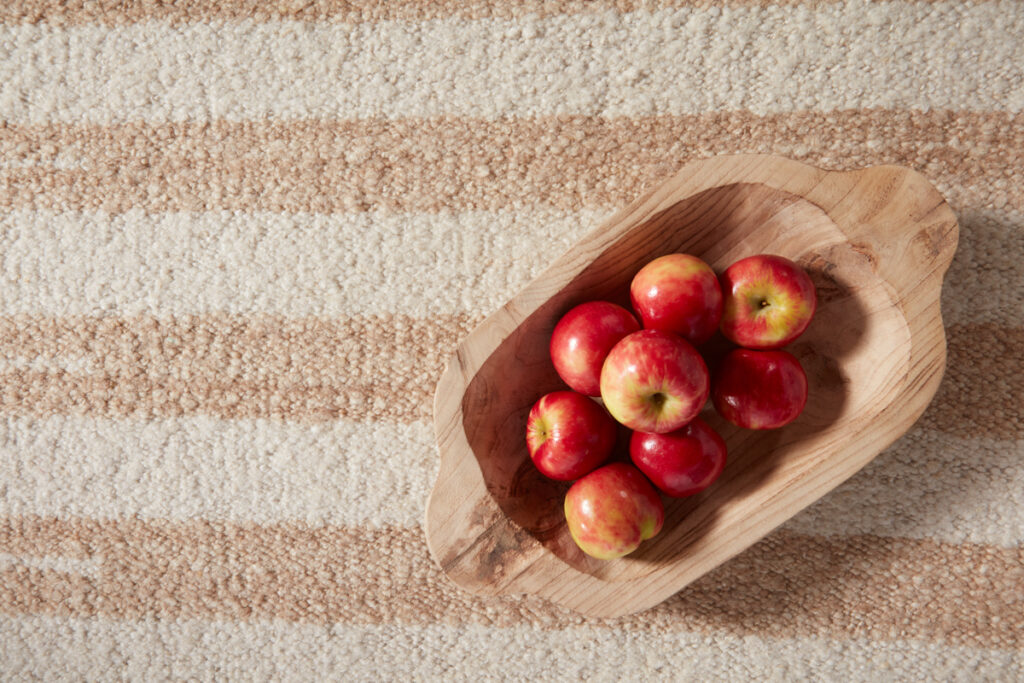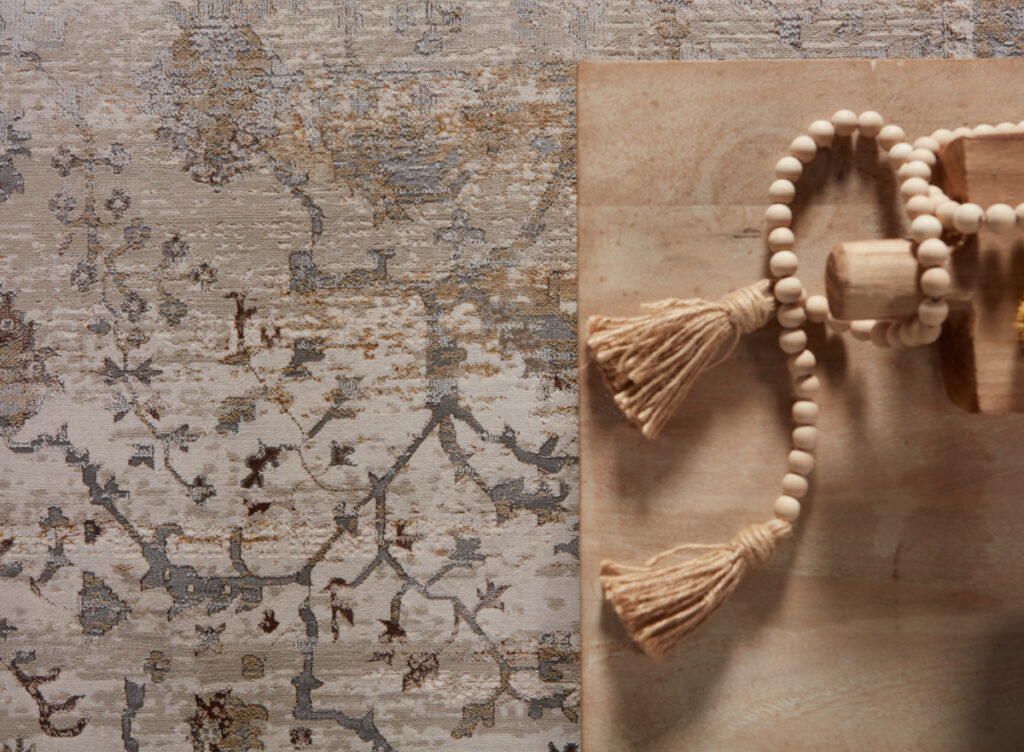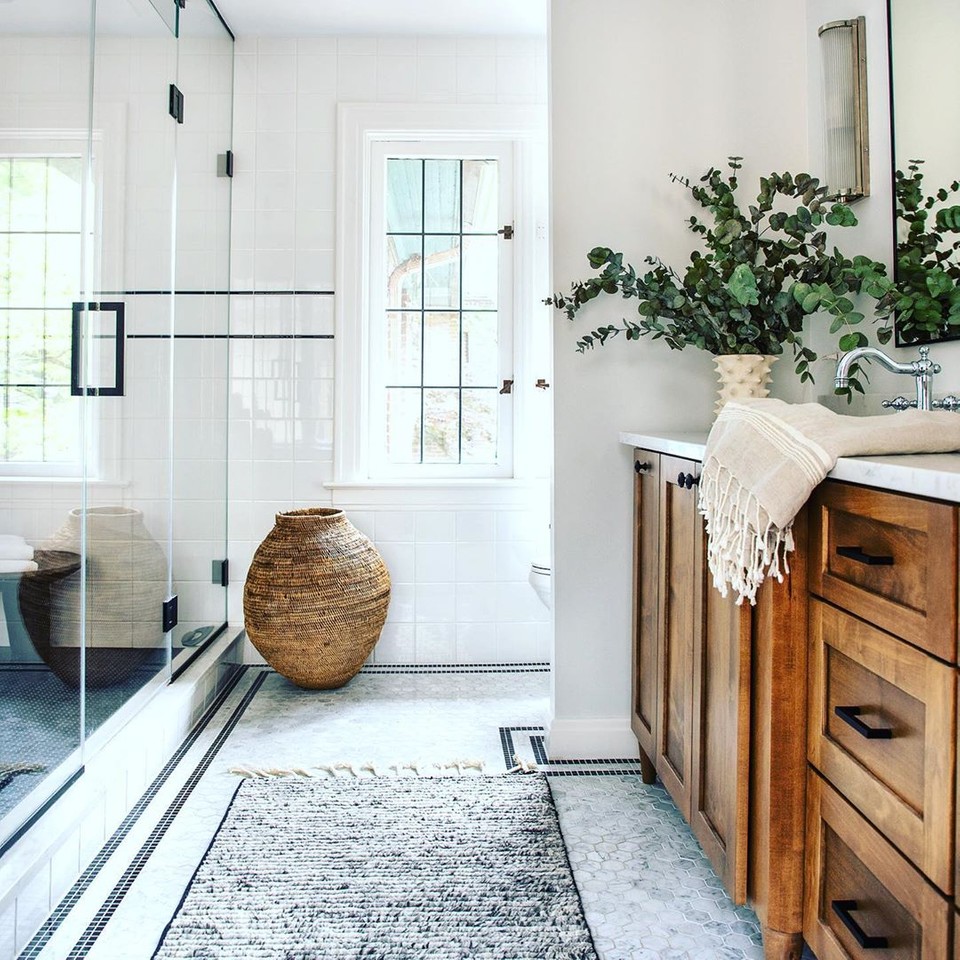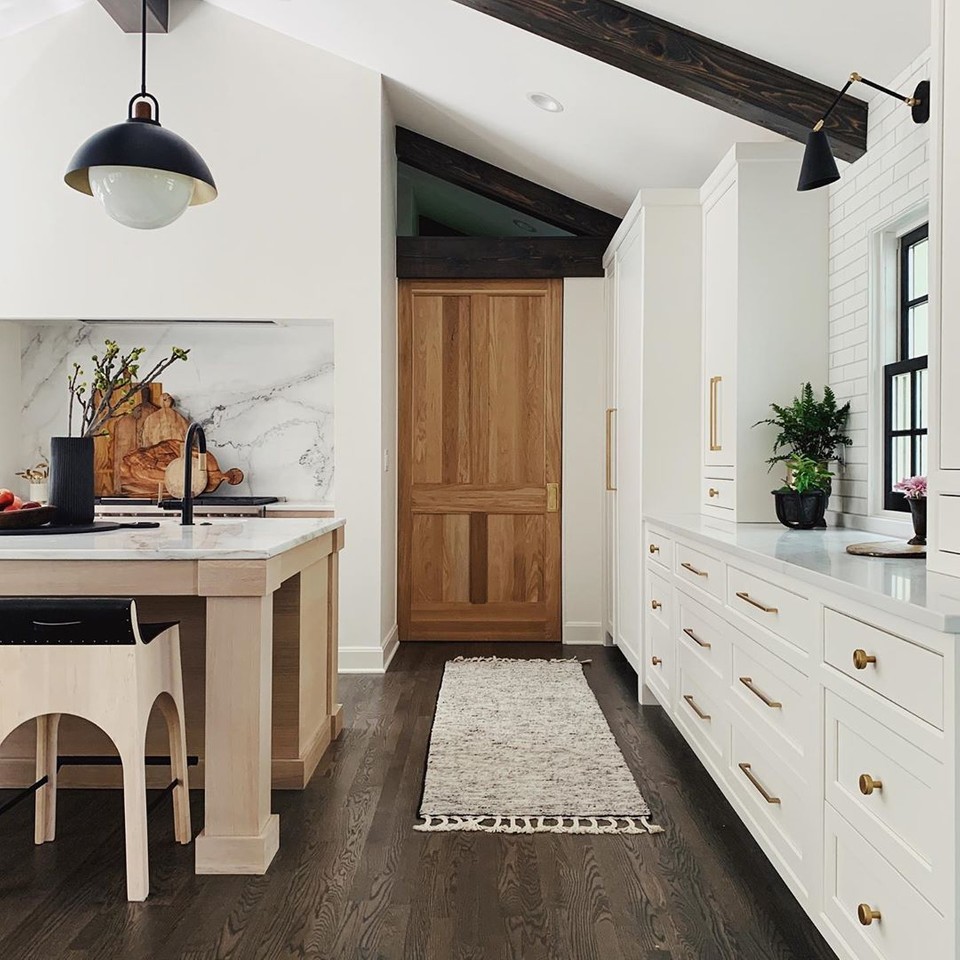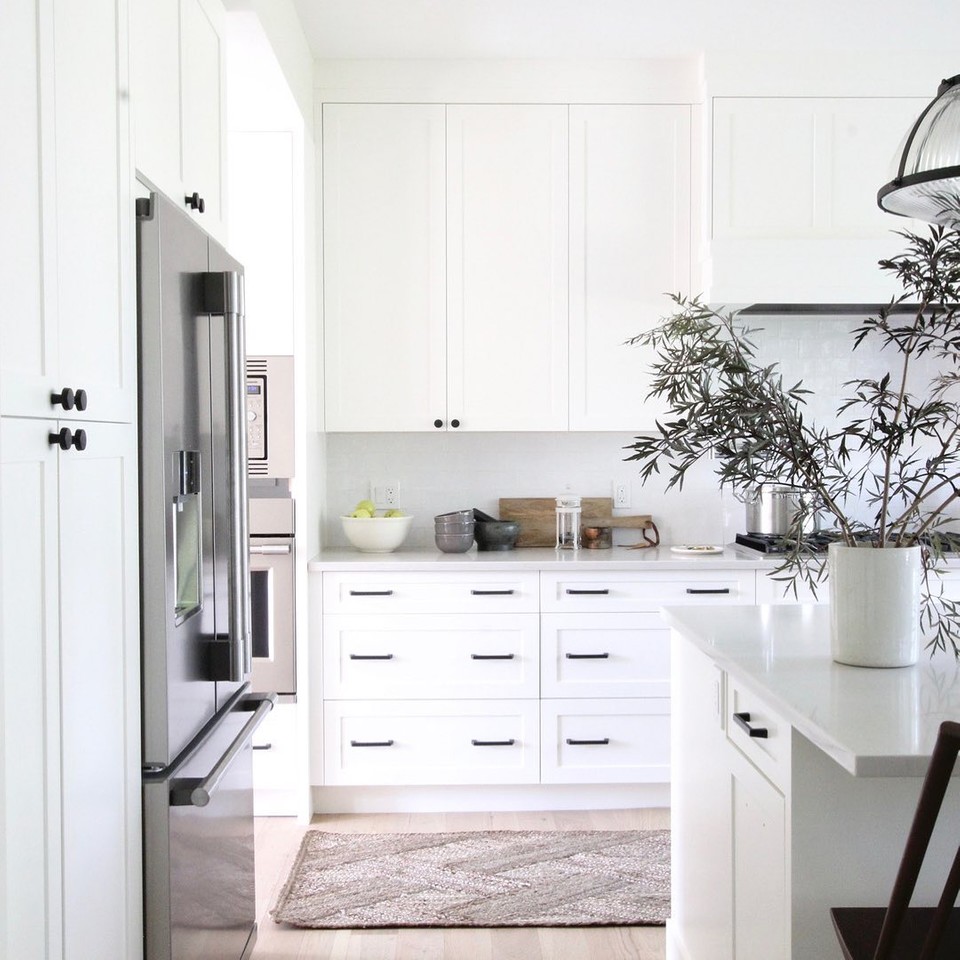What is Feng Shui?
“Feng shui is about aligning yourself with nature, connecting yourself with natural elements, and balancing energies so your direct environment corresponds to what you need for your health, emotional balance and overall well being,” says interior designer and certified feng shui exert Marie Burgos of Marie Burgos Design. It’s about cultivating a mindfulness of your environment, she says, which means having a good flow of chi (or energy), positioning yourself in an empowering place within your space, and having positive symbolism around you.
“Feng shui is about aligning yourself with nature, connecting yourself with natural elements, and balancing energies so your direct environment corresponds to what you need for your health, emotional balance and overall well being” — Marie Burgos
The 5 Elements
A key principle in feng shui is balancing the five elements: wood, fire, earth, metal and water. “They work together on a constructive cycle. They need to all be present in a space to bring the feng shui balance and harmony,” Burgos explains. “These can be integrated with shapes, textures, materials, colors and imagery.”
Burgos breaks down the five elements like so:
Wood could be represented by wooden furniture pieces, living plants, rectangular shapes, or earthy hues. This element generally supports family and prosperity.
Fire, which supports fame and reputation, can be communicated by a fireplace, candles, light sources, vibrant colors in the red family. Triangle shapes and luxurious items also represent fire, as do (good news!) pets.
Earth supports knowledge and relationships and can be integrated through warm colors (think yellow, beige, taupe, and brown), square shapes, and objects made from earth elements like natural stones, tiles, pebbles, terracotta, or porcelain.
Metal supports creativity, children, and “helpful people,” says Burgos. This element can be represented by white and grey colors, as well as metal materials such as gold, iron, copper, stainless steel, or brass, etc.
Water supports the career and can be represented by “a water feature, blue and black colors, wavy shapes, or glass and crystal items. Art that represents moving water such as a river or the sea is also a great way of integrating the water element,” says Burgos.
Where to Start
So where can designers begin incorporating principles of feng shui? “The entrance of the home is an essential space to start, as this is the mouth of chi,” says Burgos. “Making sure it is inviting, clutter-free and well-lit. No mirrors facing the front door.” And a general rule of thumb for all rooms: make sure seating areas are placed within command position. “This means you want to be able to face the door and see people entering the rooms. In the bedrooms, you want to avoid sleeping with your head in the way of the door or under a window so you have a more restful sleep.”
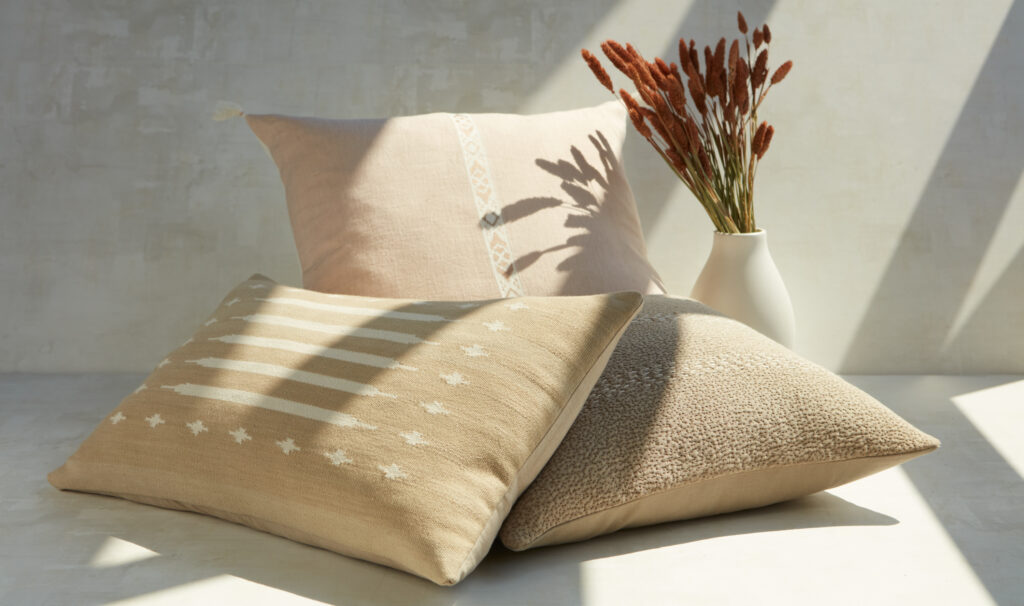
Clockwise, from top: Taiga, TGA03; Emani, EMN08, Lexington, LXG05
Lead with Intuition
At the end of the day, feng shui is all about balance. The opposing forces of yin and yang should both be present in a well-balanced space. “These help you create a balance of feminine and masculine, light and dark, hard and soft,” says Burgos. This can be as simple as pairing a clean-lined sofa with a more curved coffee table, or combining hard glass, wood, or stone surfaces with plush pillows, rugs, and window treatments.
“I have learned that intentions and positive thinking as well as affirmations and surrounding yourself with what you love in imagery and symbolism are great enhancers for a good feng shui,” notes Burgos. “Always start with emotions, ask yourself how you want to feel in the space and follow your intuitions.”
For more on feng shui for interior designers, watch Burgos’ Trade Talk segment on our IGTV.
“I have learned that intentions and positive thinking as well as affirmations and surrounding yourself with what you love in imagery and symbolism are great enhancers for a good feng shui” — Marie Burgos
Next story



